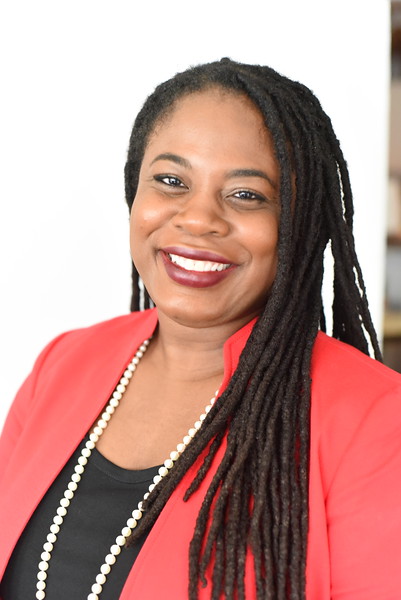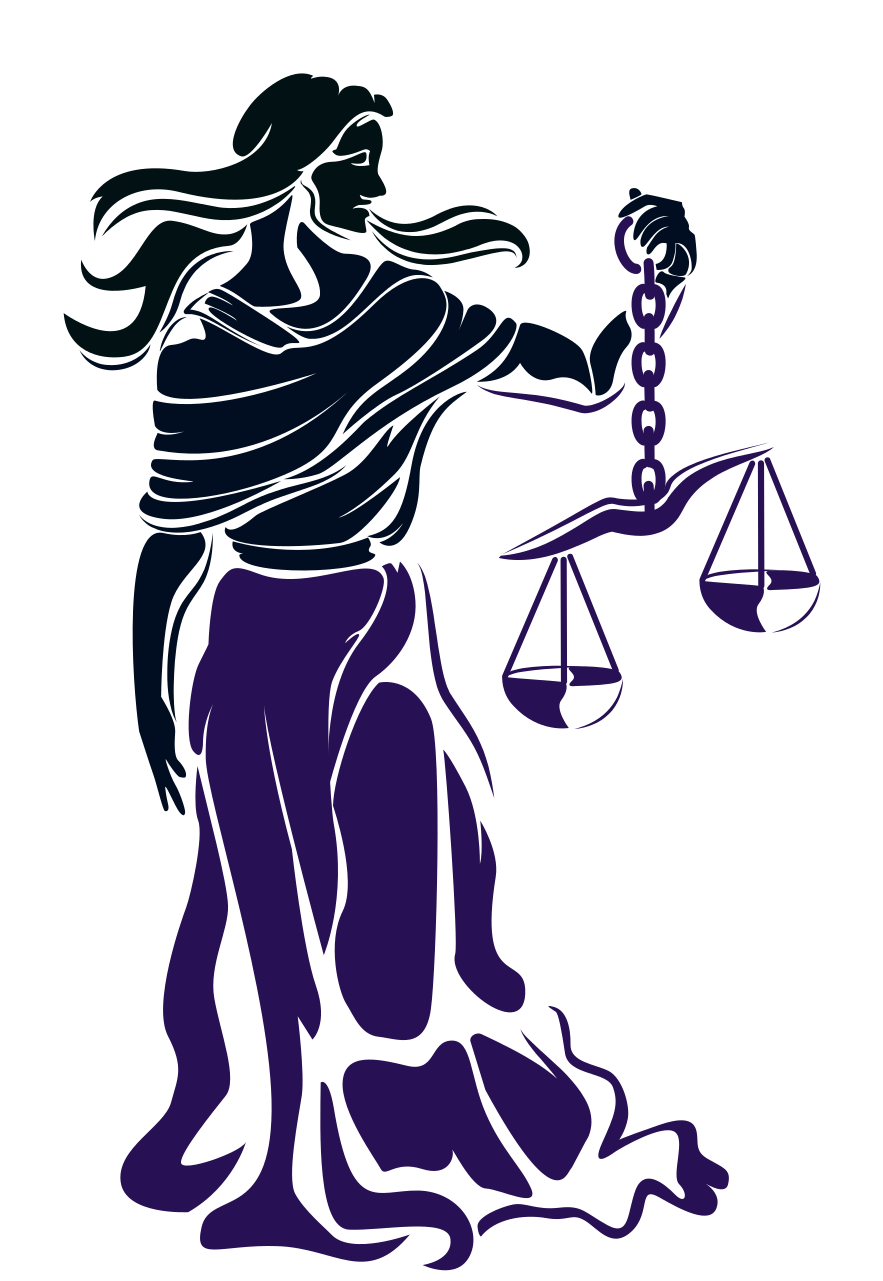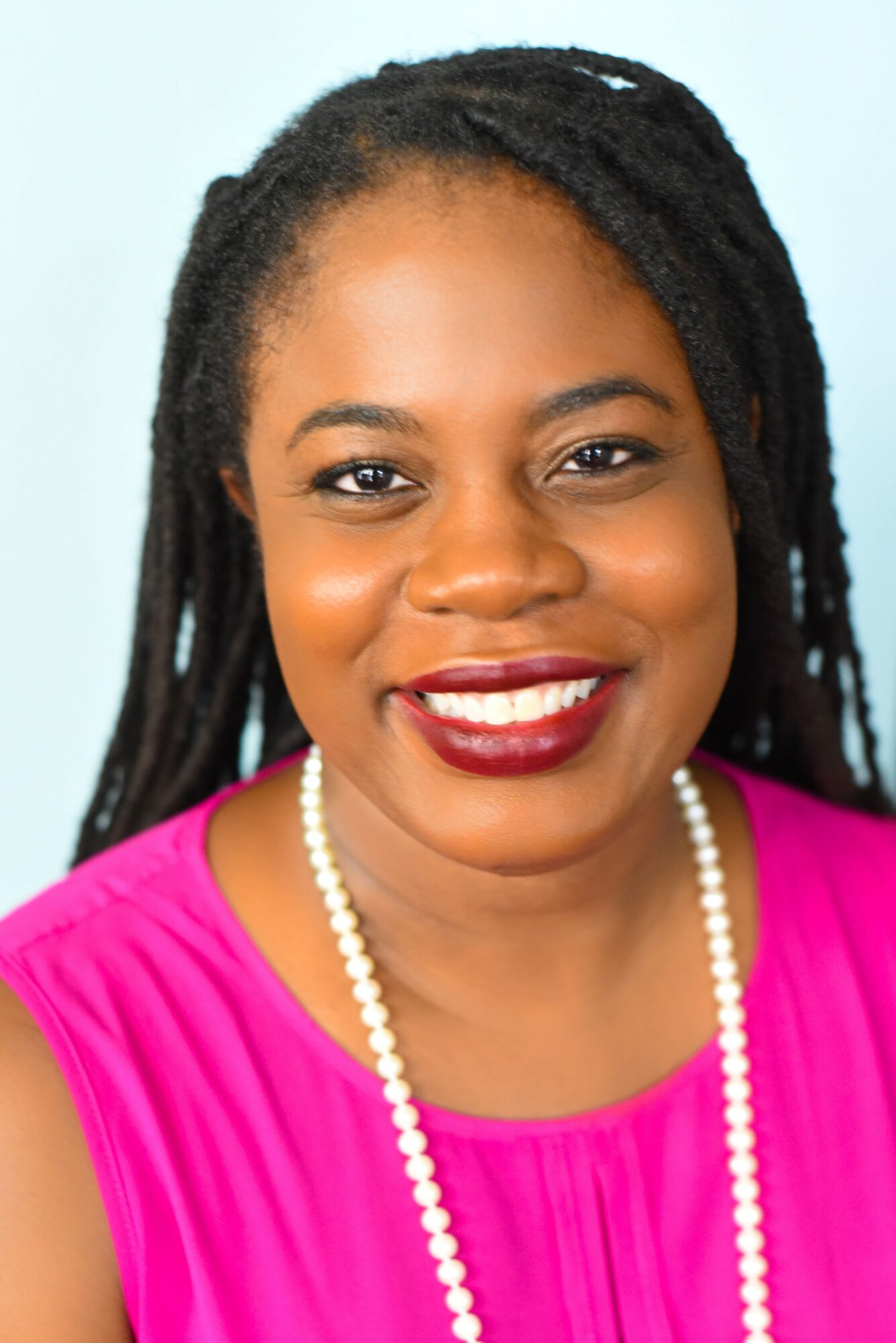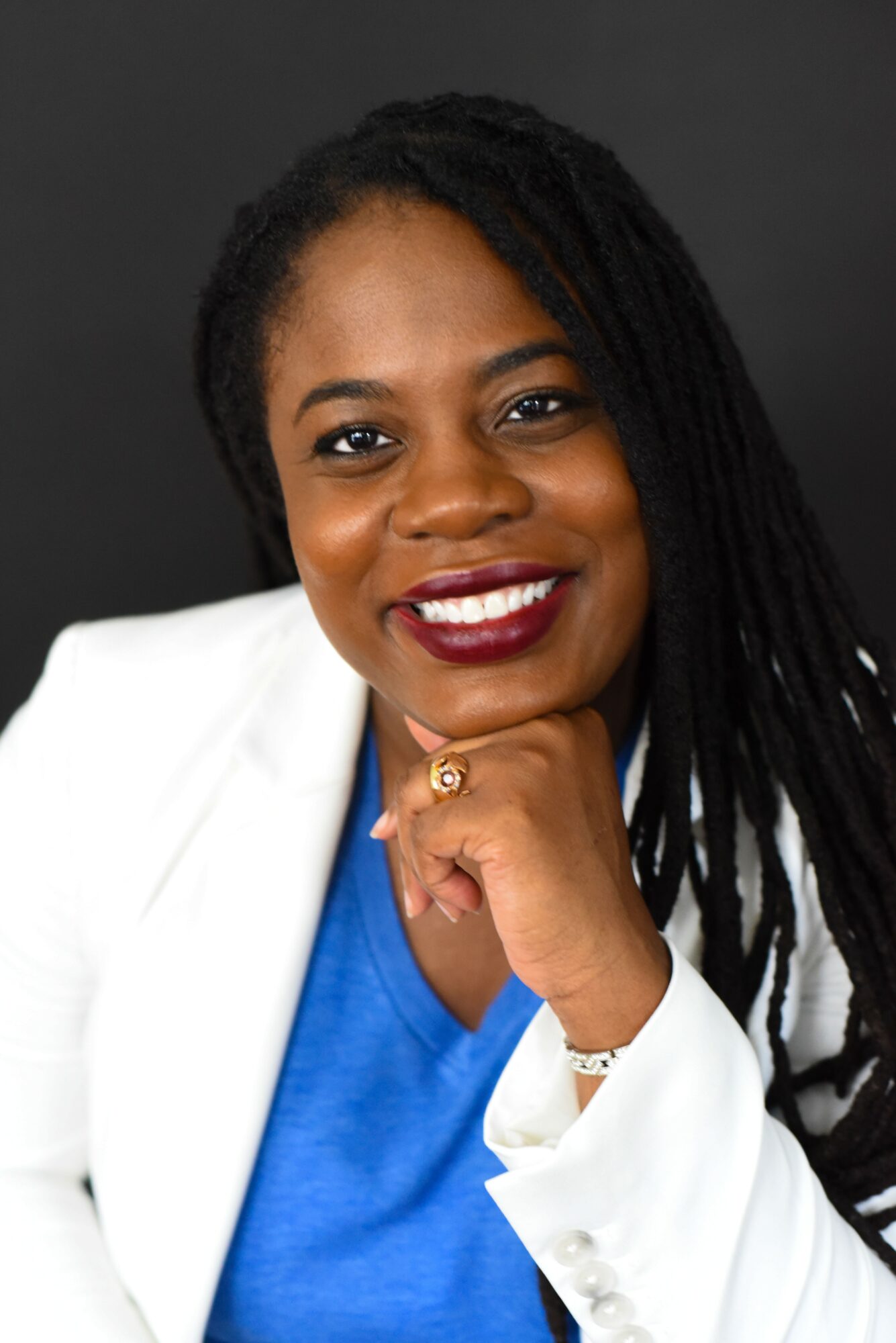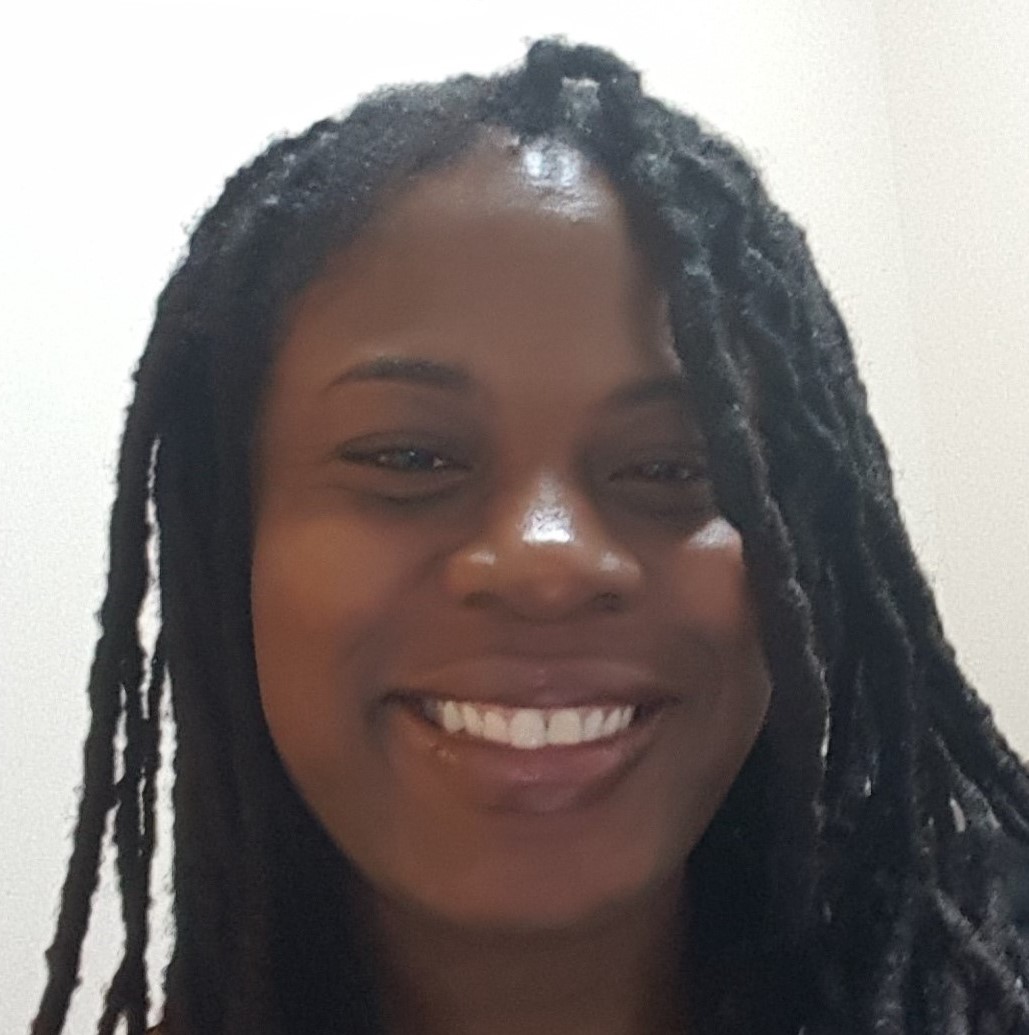

Today we’d like to introduce you to Sy Hudgins.
Hi Sy, so excited to have you with us today. What can you tell us about your story?
I have been lucky. I am extremely smart, but I am not an ambitious or focused person. I had a single mother who poured her all into me as her only child, and that included keeping me around successful people who were generous in their support and guidance. When I was recruited to attend Wesleyan College (Macon, Georgia), no one in my immediate family ever had gone to college and so I had no idea what to expect. I was successful only because the village my mother surrounded me with, made it that way. My tuition was paid through a leadership scholarship. My church (St. James A.M.E.) provided a book scholarship, and various church members sent me checks throughout the year for food and other necessities. I received unfiltered advice from Dr. J. A. Hud (Project Rebound Inc) to get me through, and Dr. Hud later did not hesitate to hire me to gain experience.
At some point, I decided on becoming a psychologist but I cannot pinpoint really when that happened. I read a book in high school that initiated the interest (Ernest Becker’s Denial of Death), but I did not go on to focus on Existentialism – at least not in that sense. In fact, my undergraduate interest dabbled more in neuroscience, which ended up being my minor. Psychology was my major. I think there was an identity shift. I was keenly aware of my race, and how it fit or did not fit in my surroundings. Wesleyan is a predominantly White, upper class, liberal arts college. It also had a very recent history of racist student behavior that went unpunished when I entered my first year. I did not fit in there. I am Black. At that time, I was lower class. And in all honesty, I could not have even explained what was meant by “liberal arts.”
When I decided to specialize in forensic psychology, it was from a place of social justice. I wanted to know why people who looked like me were incarcerated at such high rates. On the back of my business card is a bullet point guide on how to prevent prison “for free.” The last point is “Don’t be Black” with an asterisk that people of African descent are 13% of the US population but close to 40% of the US prison population. I wanted to decrease the percentage of incarcerated people who look like me – who came from single parent homes, and got by on the bare minimum of finances. I often thought about walking across the road from Wesleyan College to my part-time time at Eckerd’s Pharmacy on the corner, and seeing and hearing middle-aged White women lock their car doors as I passed them.
Like, why would I try to enter a stranger’s car in broad day light wearing an Eckerd’s uniform?
I’m sure it wasn’t obstacle-free, but would you say the journey has been fairly smooth so far?
Only about 4-5% of psychologists are Black. I would be surprised if any of us had a “smooth road.” I chose to attend the University of Denver because at that time, the Graduate School of Professional Psychology had an obvious commitment to cultural competency. Cultural competency topics were interwoven into every single class. This is not to say that every professor was culturally aware. I learned that rather quickly. I learned that White people can be very cunning to achieve a racist goal. When the only Black faculty member was unceremoniously ousted for adhering to the school’s public facing cultural competency commitment, I also left, just as abruptly.
My second attempt was at the University of Alabama. My reasoning was that I was accustomed to the southern style of “in your face” racism. I thought I preferred knowing who the racists are up front, instead of having to decipher codes and hidden agendas. There were many racist experiences pebbled during this part of my academic journey, but the boulder came my second year. It crashed into me full force and without mercy. I cried for hours. I decided to leave the program months before I actually left – and that was only to not lose credits. I knew I was not done, and I knew the importance of keeping as many of those credits as possible for when I tried again.
So, my current PhD in Clinical Psychology from Fielding University is a “third time is the charm” accomplishment. I was able to have the support from my Georgia roots to get through it; as well as to fight for my right to licensure in my home state (Fielding is based in California). Absolutely nothing about my journey has been smooth.
Appreciate you sharing that. What should we know about Commencement Evaluation Treatment & Consultation, P.C.?
You should know that my business is part-time. I prefer it this way. Since I am not reliant on it for paying bills, I can keep my integrity when accepting work. I specialize in forensic psychological evaluations – these are evaluations that are used in the court process. I am trained in both criminal and civil, but I prefer criminal work. I have a solid 10 years of working in a jail (Cobb County Adult Detention Center for 7 years) and prison (Hays State Prison for 3 years), so those environments are comfortable for me. Most forensic psychologists do not have this type of background.
I am particularly skilled at differential diagnosis, and enjoy complex cases. I am well equipped to handle competency and criminal responsibility issues, plus my background working with law enforcement (and now married to a sheriff’s deputy) gives me an edge in fitness for duty evaluations, threat assessments, consultations, and community education. If you’re not certain if what you need is something that I do, just ask. My website has a lot of information (www.commencementetc.com) and allows people to send messages directly to my email (drsy@commencementetc.com).
We all have a different way of looking at and defining success. How do you define success?
For me, success is being at peace. I have been successful for a long time, long before I became a licensed psychologist. I have made it a point to strengthen healthy relationships while letting stressful ones go. I think this attitude has contributed the most. I also think it can be very hard to do, especially in an age of social media.
Also, though, I have focused on my personal sense of identity and purpose. I view and make decisions from a racial and social justice lens. It is comforting and peaceful because I do not have to worry or be concerned about a wrong turn. There are no wrong turns when your purpose is clearly outlined. There are no detours.
My becoming a licensed psychologist was mere icing.
Contact Info:
- Website: https://www.commencementetc.com
- Facebook: https://www.facebook.com/DrSyHudgins
- LinkedIn: https://www.linkedin.com/in/sy-hudgins-ph-d-ab16a35a/
- Other: https://www.gapsychology.org/member/drsy
